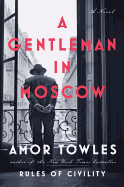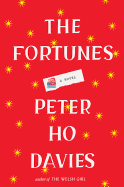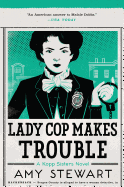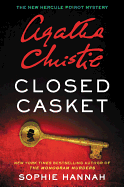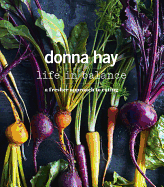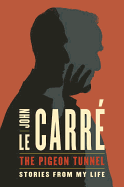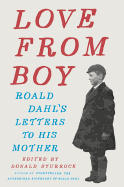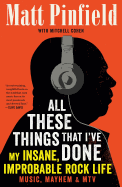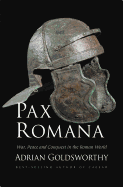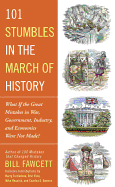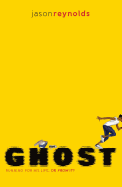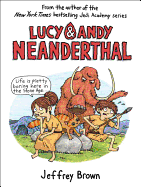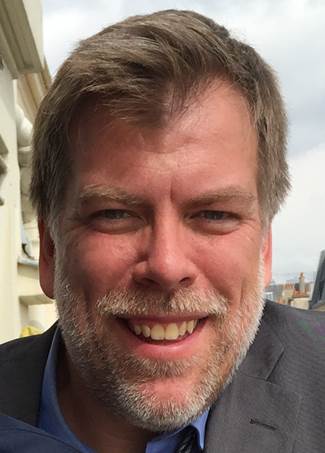 |
| photo: Yukari Goda |
Craig Carlson is the owner and founder of Breakfast in America, the first American-style diner in Paris, which has been featured in Lonely Planet and Frommer's Paris travel guides. Before opening BIA, Carlson studied film production at the University of Southern California and won the prestigious John Huston Directing Award, as well as awards from the Chicago International Film Festival and the Lucille Ball Comedy Festival. Pancakes in Paris (Sourcebooks) is Carlson's debut memoir. He talks about opening Breakfast in America here.
What inspired you to write this memoir? Why now?
Two things: first, hardly a day goes by that I don't have a customer ask me questions about Breakfast in America and how it came into being... so I realized there might be a strong interest for my story. And second, the idea of the book didn't really solidify until I was lying in a hospital bed after collapsing from the stress of doing business in France. I thought to myself, "How ironic? For years, I've dreamed of living in France. And now that I'm here, I want nothing more than to escape--before it kills me!" By writing Pancakes in Paris, I found myself falling back in love with France all over again, rediscovering what it was that brought me here in the first place.
Why did you decide to write Pancakes in Paris as a memoir and not as a screenplay?
Writing a book allows a story to have a much larger scope than a screenplay. In Pancakes, I was able to establish the story in the context of my turbulent upbringing, then show the reader the nuts and bolts of what it takes to set up a business--especially in a foreign country. I could also show all the humorous cultural differences between the French and Americans when it comes to diner grub. And lastly, writing my story as a memoir allowed me to convey all my internal hopes and fears, which, in screenplays, can only be conveyed through clunky voice-over narration. Also, I was so burnt out from all my years as a struggling screenwriter in Hollywood, I really wanted to do something fresh and new. In fact, writing a book had always been on my bucket list.
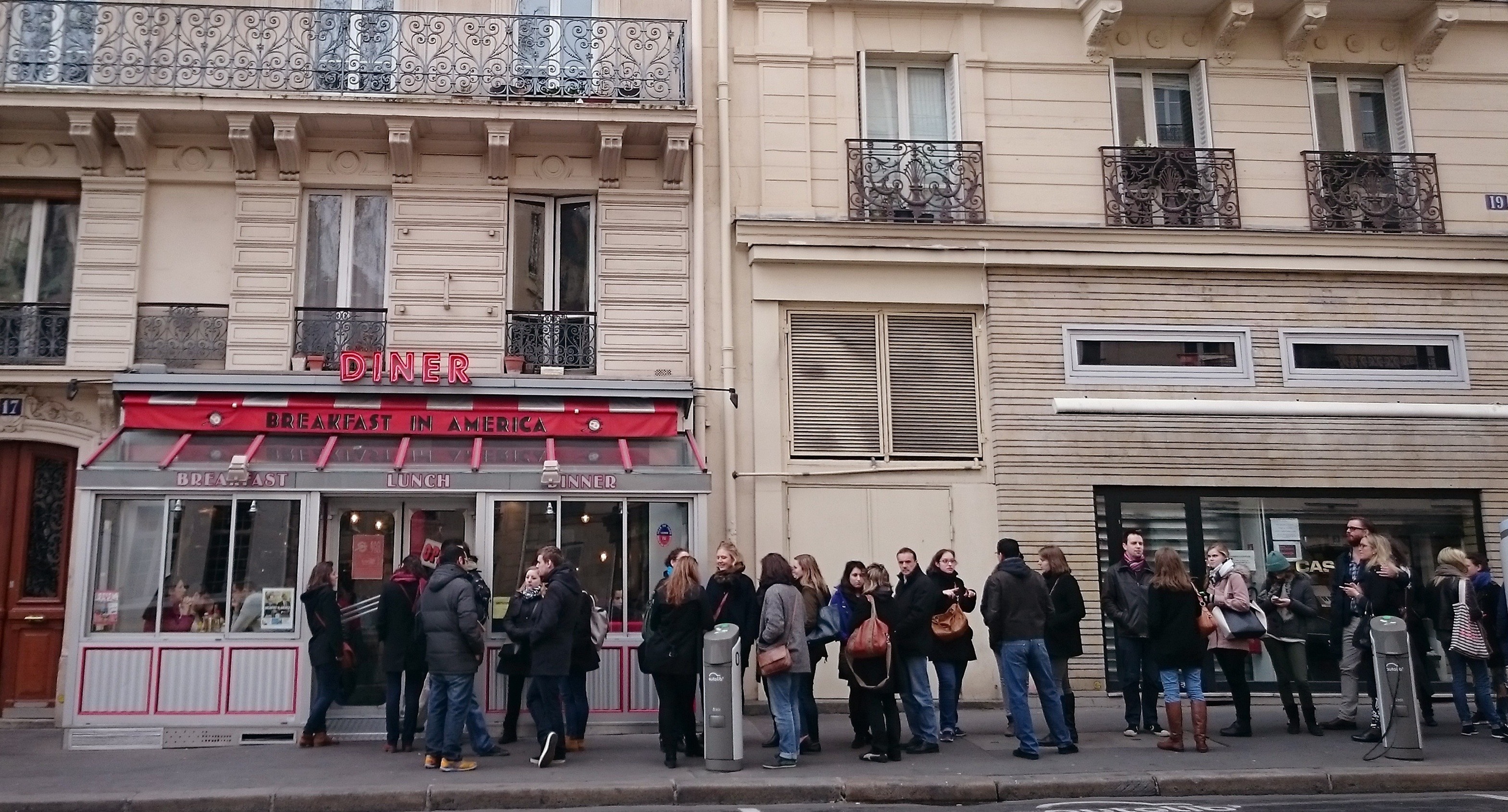 Did any books in particular inspire you in your writing?
Did any books in particular inspire you in your writing?
I read a lot of inspiring books, but two stand out: My Life in France by the wonderful Francophile--and cook--Julia Child. And Pour Your Heart into It: How Starbucks Built a Company One Cup at a Time by Starbucks founder Howard Schultz. Both books focused on the importance of developing the human side of a food-service business. From the start, I wanted to make sure my diner had a heart and soul. I think we've succeeded at that, which is one of the things I'm most proud of.
Does your screenwriting background influence your restaurant/business life?
Absolutely. As a former filmmaker, I realized as I was putting my diner together, that it was a lot like making a movie. For example, with a restaurant you have to find a location, decide on the décor, figure out the "story" of your restaurant--the theme--with mine being a neighborhood breakfast joint where everyone is welcome, day and night. Then there's the casting--making sure you have a dynamic staff. The music. Catering. And, of course, with a restaurant, every day is like putting on a show. I have some theater experience, and I was constantly reminded each time I had a problem at the diner--whether it was a cook being sick or the electricity going out--I was always determined to make sure we somehow stayed open. I'd always think to myself, "The show must go on!"
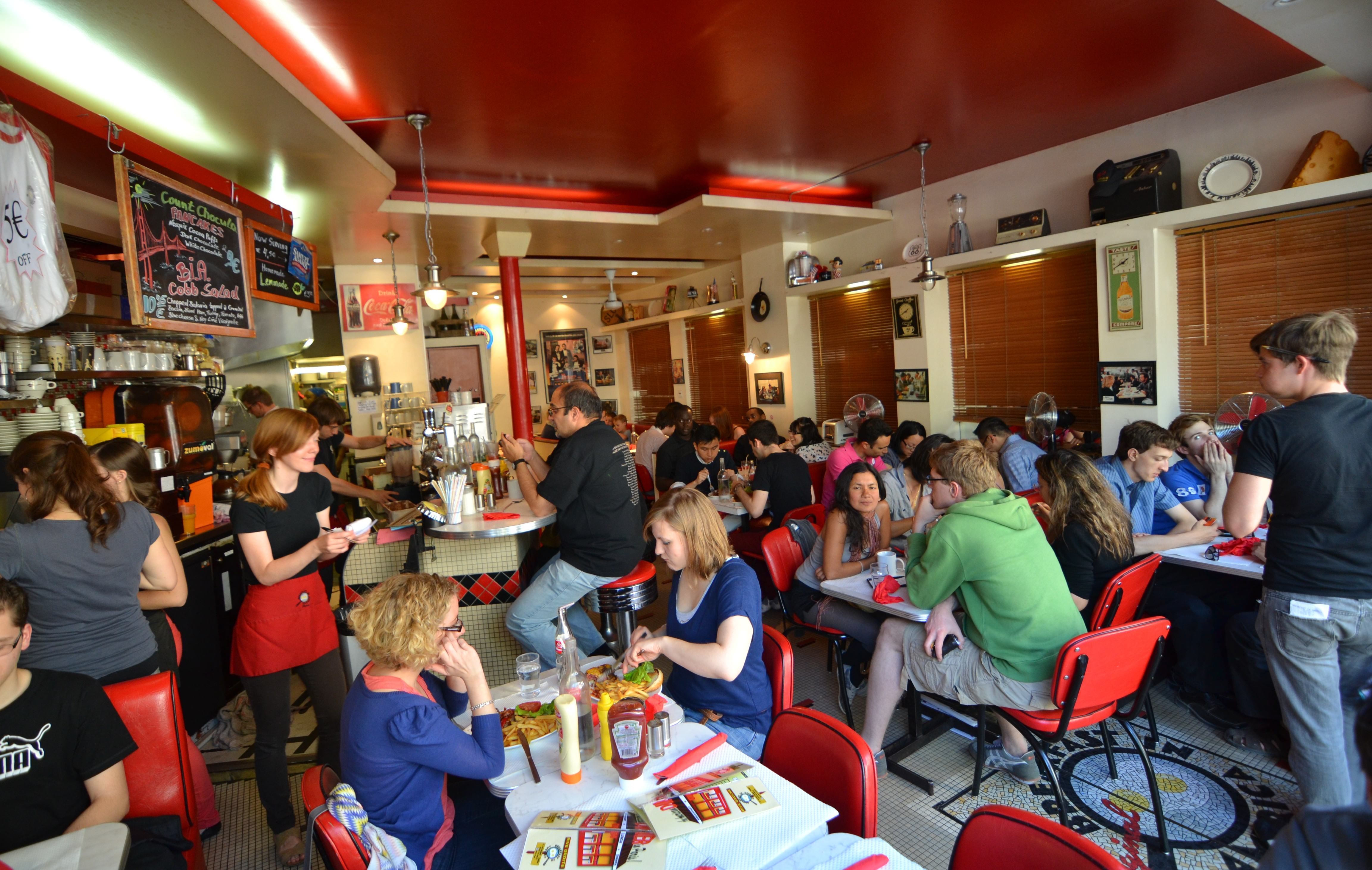 What were the greatest challenges and rewards in writing Pancakes in Paris?
What were the greatest challenges and rewards in writing Pancakes in Paris?
For me, challenges and rewards are virtually the same thing. The two go hand in hand; the amount of reward comes from the size of the challenge. Writing Pancakes really forced me to push myself--emotionally, spiritually and physically. Given the nature of the story, I had to relive many painful events from my childhood. But at the same time, putting the pieces of my life together gave me a wonderful perspective--how everything in life happens for a reason. In other words, without the difficult challenges I faced growing up, there never would have been the personal transformation I experienced; nor would there have been a Breakfast in America.
Any plans to adapt your memoir into a screenplay?
Absolutely. Some of my Hollywood friends have recommended a "limited series," which is de rigueur nowadays. Limited series are often not more than five or six episodes. And since my book is divided into five parts, I'm thinking this might be the best way to go.
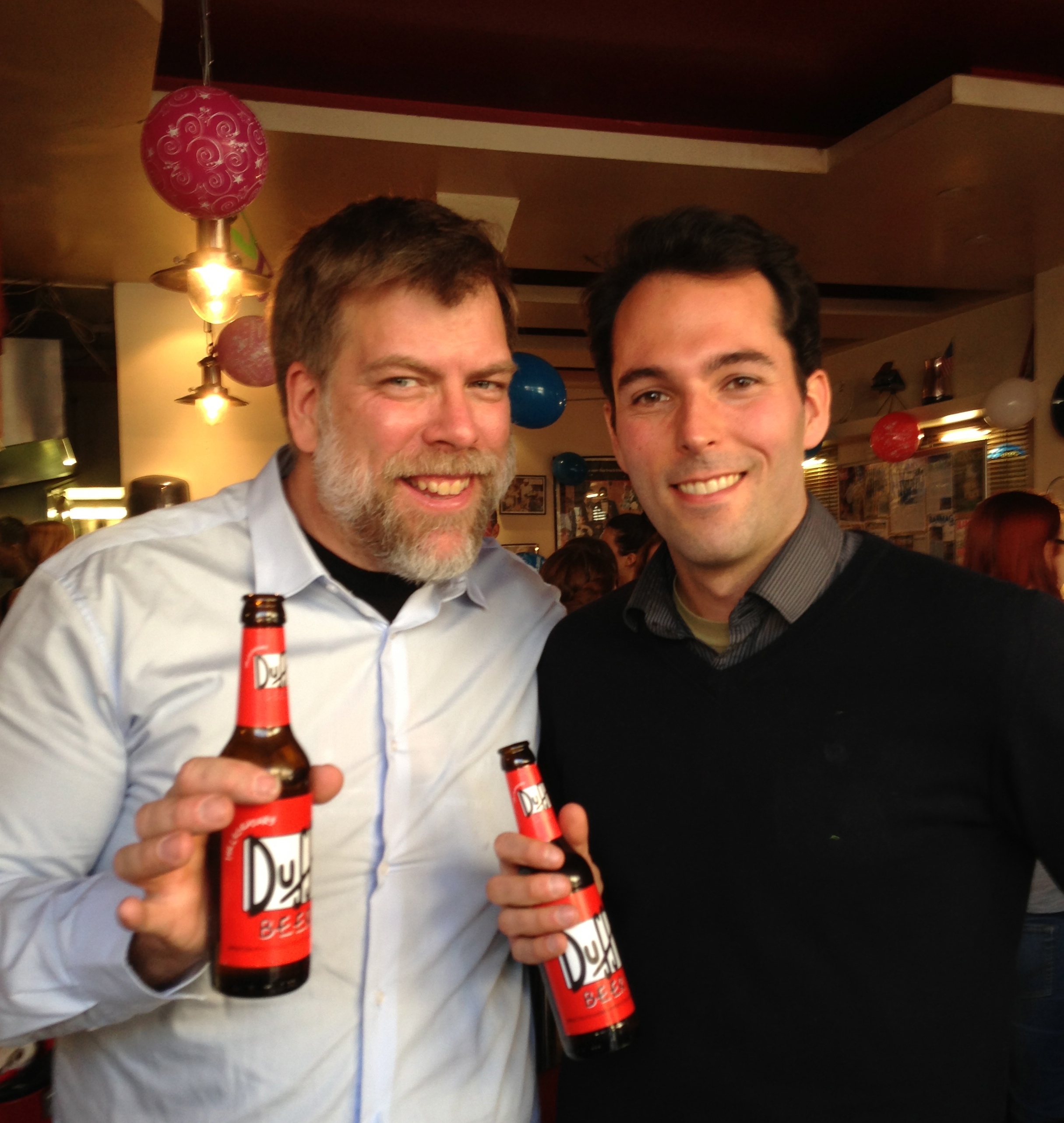 |
| Craig Carlson and Julien Chameroy at BIA's 10th anniversary party |
So you'll write the screenplay.
I'd like to be involved in the adaptation of Pancakes, but I'd prefer to have another writer to collaborate with. Since my story is so personal, it's hard for me to be objective.
Who would direct? Who would play you?
Ideally, my dream would be writer/director David O. Russell (Silver Linings Playbook). The actor who starred in that film is also my number one choice to play me: Bradley Cooper. Besides being the spitting image of me (bien sûr!), Bradley also speaks fluent French!
You've faced a lot of challenges in your life and in your journey with Breakfast in America. Where does your determination and drive originate?
Part of it, I think, comes from my Polish immigrant background. My grandma Mary was the hardest worker I've ever known; she never missed a day of work in her life, and the rare times she was sick, refused to see a doctor. Pure Polish stubbornness. I also think my dad's dark sense of humor helped me get through the tough times, coupled with my mom's Candide-esque optimism.
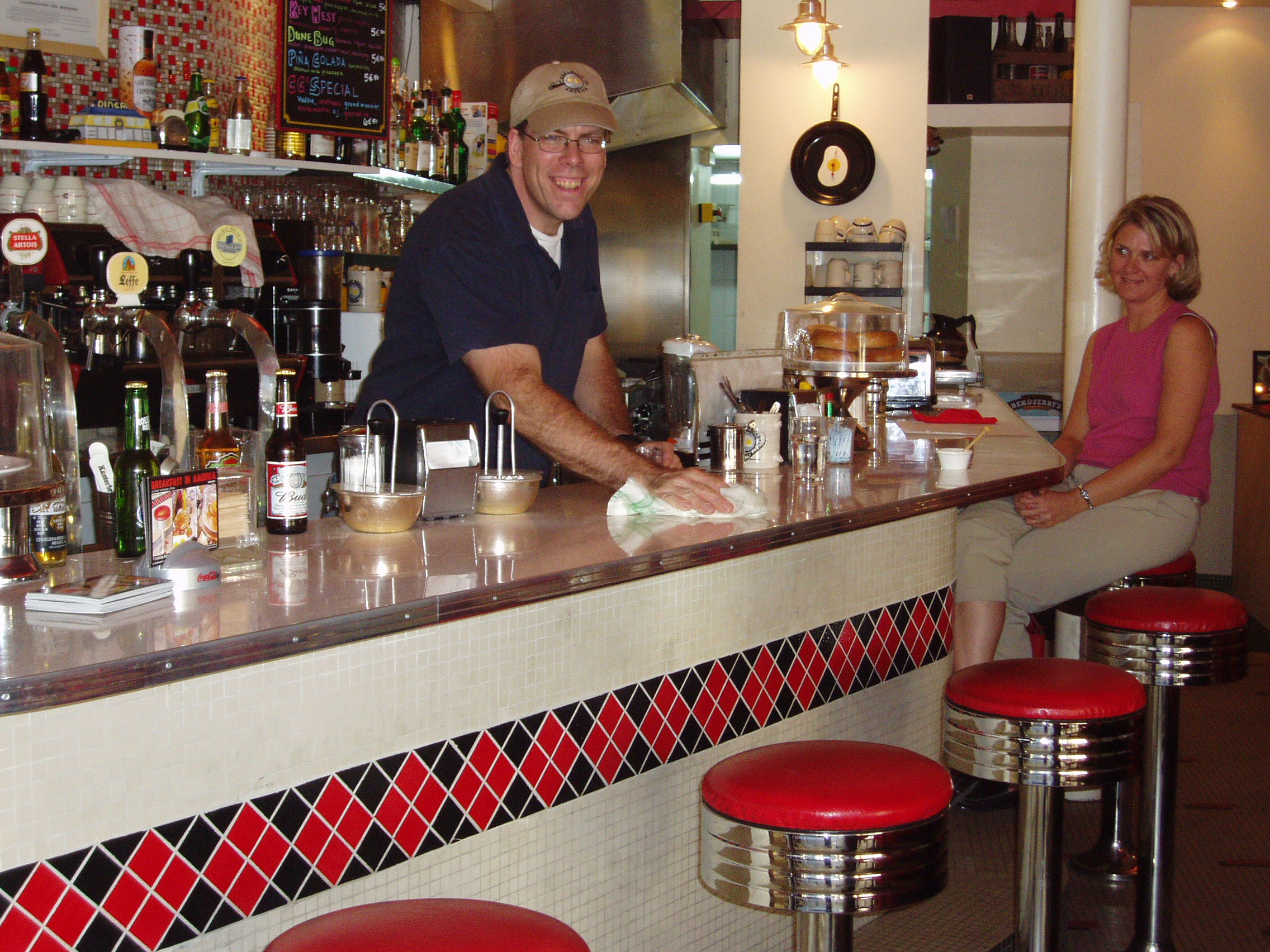 |
| photo: P. Alexander Chodak |
What are the top five dishes French-born and American-born patrons order at your diner?
When I first opened Breakfast in America, we served only breakfast. But soon all French customers began asking when I was going to start serving "un vrai 'hamburger--not McDo" (a real hamburger, not McDonalds). Therefore, not surprisingly, the top five dishes for my French customers include mostly hamburgers and the 2x2x2 (two eggs, two strips of bacon, two pancakes; French customers say they love having the sweet and savory mixed together). For American customers, it's mainly breakfast items: the simple but classic breakfast of eggs, bacon and homefries (with toast), followed by blueberry pancakes, then the breakfast burrito and, finally, the home-made chili burger (not too spicy, because the French hate "hot!").
Do you cook?
I consider myself more a food-loving foodie than a food-making foodie. In other words, although I love making breakfast--my favorite meal--I much prefer going out to a nice restaurant or enjoying home-cooked meals with my wonderful foodie friends. In fact, Anthony Bourdain suggests in his book Kitchen Confidential that often the best restaurant owners are not cooks, but entrepreneurs. I consider myself more in the latter category.
Tell us about the Breakfast in America tradition of having customers vote for their favorite presidential candidates.
In 2012, we offered (via our blue plate specials) the "Obama Burger" and the "Romney Omelet," with the "Obama Burger" winning in a landslide. This year, we're brainstorming to come up with something creative for Donald Trump and Hillary Clinton. One of our staff members has suggested "Orange Spice Pancakes" in honor of Mr. Trump's "mussy" mane, bringing new meaning to the term "voting with your gut!" And since Hillary Clinton has said that if you vote for her, you get "two-for-the-price-of-one," meaning you get her and Bill, we're thinking we might offer "Hillary's Hot Dogs: two flamin' hot chili dogs for the price of one." All of us can't wait to see who will win the election this year at BIA! If readers have other suggestions, I'd welcome ideas: contact@pancakesinparis.com. If I choose to use a reader's suggestion, he/she will win a free breakfast--redeemable at BIA in Paris! --Kathleen Gerard
Images from Breakfast in America.
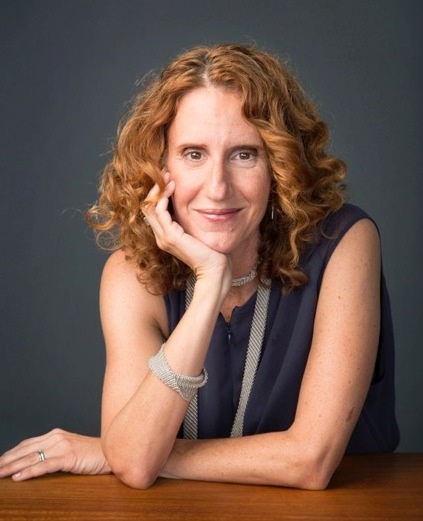
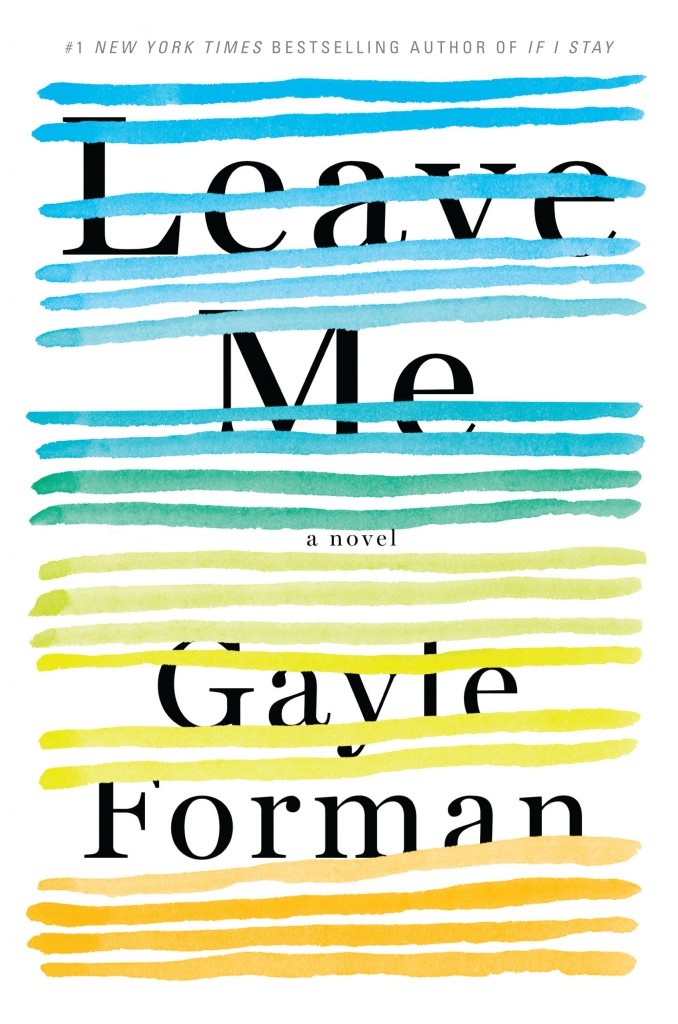



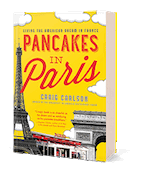


 Did any books in particular inspire you in your writing?
Did any books in particular inspire you in your writing?  What were the greatest challenges and rewards in writing Pancakes in Paris?
What were the greatest challenges and rewards in writing Pancakes in Paris? 

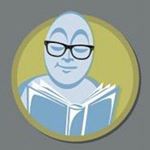 Shelf Awareness is now on Instagram!
Shelf Awareness is now on Instagram!